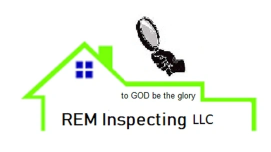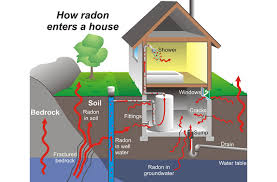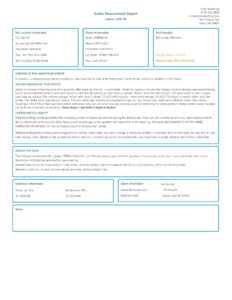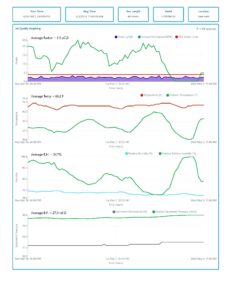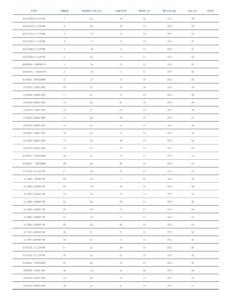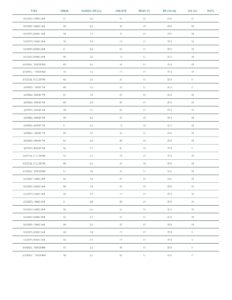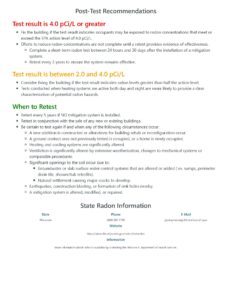Radon Testing
RADON AND YOU
Radon is a cancer-causing, radioactive gas. You can’t see it, smell it, or taste it, but radon is estimated to cause well over 20,000 deaths each year (more deaths than from melanoma or drunk driving).
WHY? Because when you breathe in radon gas over a period of time, you can get lung cancer. The more radon you are exposed to, and the longer the exposure, the greater the risk of eventually developing lung cancer.
The U.S. Surgeon General, American Lung Association, World Health Organization, and many others have warned that radon is the second leading cause of lung cancer today. It is 5 or 6 times more dangerous to your lungs than secondhand smoke. If you smoke and your home has an elevated radon levels, your risk of lung cancer is especially high.
The U.S. EPA estimates that nearly 1 out of every 15 homes has elevated radon levels. Radon problems may be more common in some geographic areas, but any home can have high radon. Schools, day care facilities, and workplaces can also have a radon problem. Ask whether they have been tested.
Radon can be found everywhere and in any home new or old, well sealed or drafty, with or without a basement. Radon gas comes from the natural (radioactive) breakdown or uranium in soil, rock and water and gets into the air you breathe. It can enter any type of building, including homes, offices and schools.
But you and your family are most likely to receive your greatest exposure at home, where you spend most of your time.
How does radon get into your home? Radon gas typically moves up through the ground and into your home through cracks in floors or walls, joints, gaps around pipes and other holes or cavities in the walls or foundation. Radon can enter the home even when no visible cracks exist. Your home traps radon inside, where it can build up. Radon also can enter the home through the well water. In some rare cases, building materials may be a source of radon gas.
Radon in Air: U.S. Environmental Protection Agency (EPA) recommendations:
- Fix your home if the radon level is 4 pCi/L (picoCuries per Liter) or higher.
- Consider fixing your home when radon levels are between 2 pCi/L and 4 pCi/L (because there is no known safe level of radon).
In addition, due to normal fluctuations in radon levels, you should retest your home every 2 years.
Radon in Well Water: Recommendations vary from state-to-state for radon in water, with many states providing no recommended action level. However, EPA has developed a proposed regulation to reduce radon in drinking water. As a result of that regulation, the action level for radon in public water supplies will likely be 4,000 pCi/L.
Fixing a Radon Problem. Reducing radon levels can be easy and relatively inexpensive. The first step is to hire a certified radon contractor (mitigator). Be sure that you or a testing professional retest the radon level after a radon mitigation system is installed.
Radon in Air: For most homes, the mitigator will perform a diagnostic evaluation, seal cracks and install an active soil depressurization (ASD) system. An ASD system changes air pressure beneath your home and then, through the use of a radon fan, draws out the radon gas and safely vents it above the roofline.
Radon in Well Water: The two most commonly used types of waterborne radon reduction systems are aeration and granular activated carbon (GAC). The radon level is a primary factor in choosing between these systems.* The EPA, for example, does not recommend GAC for radon levels above 5,000 pCi/L.
Protect yourself and your family. Test your home. Every home should be tested, even if it was built radon-resistant. And if you have well water, test your well. You cannot predict radon levels based on state, local neighborhoods, or even the home next door. The only way to know whether your home has elevated radon is to test it.
Testing is simple and inexpensive. To quickly find out if you have a radon problem, use a Radon Test Kit or contact us! and we can come and provide a test today.
Call us at 715-497-3458 or email us at [email protected] for a quote
we offer electronic radon testing and Lab certified Radon testing – call for quote
Save $ when purchasing it with a home inspection.
Here is a sample test results
